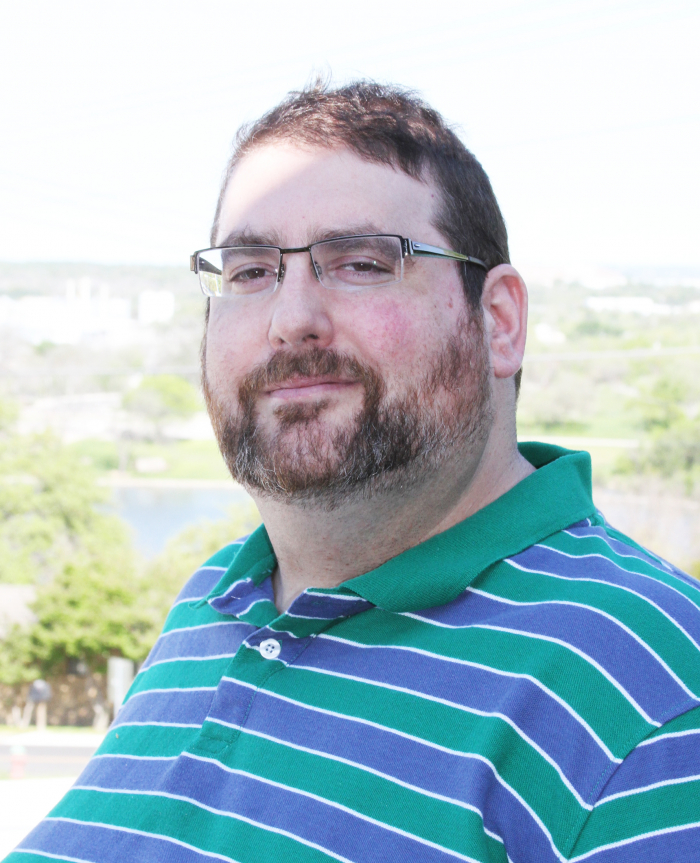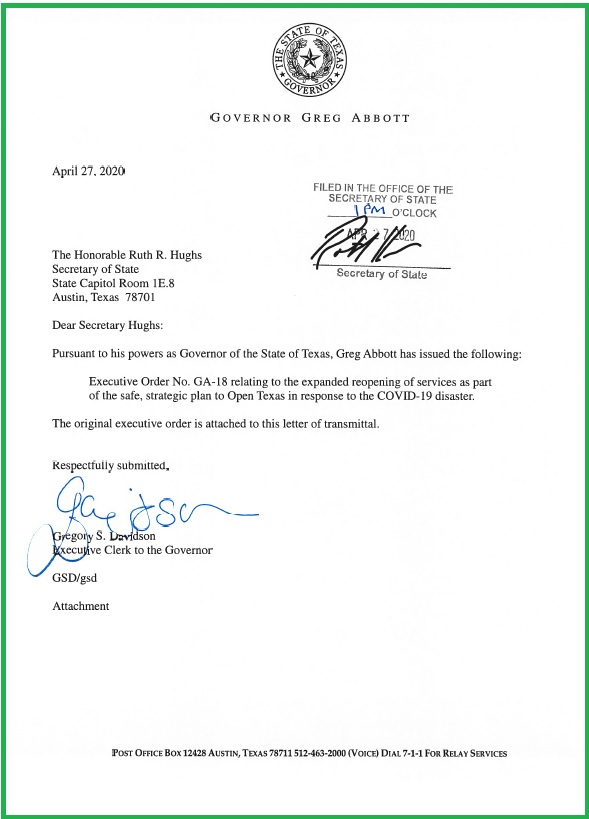Understanding personality traits, individual perspectives

Eleven years ago, I decided to leave the comfy confines of community journalism for corporate America, taking a job with healthcare insurer Cigna in Denison, Texas, as a customer service representative.
My move was sparked by a desire to be closer to my children, who were getting older and more involved in school activities, making them less likely to want to spend weekends three hours away from their Pottsboro home. I knew that in order to continue the most important relationships in my life — the ones I had with my kids — I would have to reinvent myself.
One of the most important daylong training sessions we had at Cigna was called SCR — Successful Customer Relationships. The idea behind SCR is that successful business relationships with customers can be built through understanding common personality traits and endeavoring to see issues from the customer's perspective.
We were taught that everyone comes from one of four particular “neighborhoods.” Those who are in the “social” neighborhood are like social butterflies. They are extremely outgoing and quickly make a lot of casual friends (because no one is a “stranger”), but they are quick to make themselves the center of attention. Actors and entertainers are among those who fit in the “social” neighborhood.
Those in the “relationship” neighborhood are slow to warm to others, but when they do, they form deep and lasting bonds. Relationship people express concern for others above themselves, putting others first. They want to be “team” players and tend to let others lead the way. Teachers and social workers are a great example of those who are often “relationship” people.
Next is “process.” Those in the process neighborhood may appear standoffish because they are concerned not as much about people, but about how the process works. They want to know more about what makes something tick. Scientists and doctors are very often process-oriented and look for the devil in the details.
Finally, there are those alpha-driven folks in the “results” neighborhood. They are concerned about the end game and how everything will play out. Like the social folks, they can be self-centered, but they are focused and driven to succeed and achieve. Lawyers and politicians are very often “results” individuals.
We answered some 100 questions which were weighted to help us determine which neighborhood we were most likely to be “from,” because it is important to know who you are and how you react to stimuli before you can know who your customers are and how they respond.
In many cases, people may exhibit traits from more than one neighborhood. It can be said that these individuals may live in one neighborhood, but have the ability to visit other neighborhoods and exhibit the traits contained there.
What we were taught next made a great deal of sense to me. We were expected, as customer service representatives, to recognize traits in our callers which indicated what neighborhood the caller was from — social, relationship, process or results — and we were expected to shift our reactions and responses intuitively to help the customer feel more at ease and willing to interact with us. The end goal was to create a connection with the customer which made them more likely to continue this positive association in the future with our company. In essence, we had to “reinvent” who we were in each customer transaction to suit the needs of the customer and win over their trust.
That struck home with me because I realized that we, as individuals, cannot expect everyone else to come around to our way of thinking or to see things from our perspective. Each person has his or her own world view, shaped by internal and external factors which are outside our own sphere of influence.
Therefore, it makes sense that we would need to approach an individual on his or her own “turf,” so to speak, in order to get them to be more comfortable about engaging in dialogue and opening their minds to ideas that were previously foreign to them.
And that's probably what we need more of in the world today. Too many people believe that they should be immovable and steadfast in their “beliefs,” when we should be willing to listen to other viewpoints and understand other perceptions in order to be better, well-rounded people.
It's just too bad someone can't give the entire world SCR training all at once, because I think it might do a “world” of good.
Lew Cohn is the managing editor of The Highlander and Burnet Bulletin. He also covers Burnet County Commissioners, Marble Falls Independent School District, Horseshoe Bay City Council and surrounding municipalities. He can be reached at lew@highlandernews.com.






